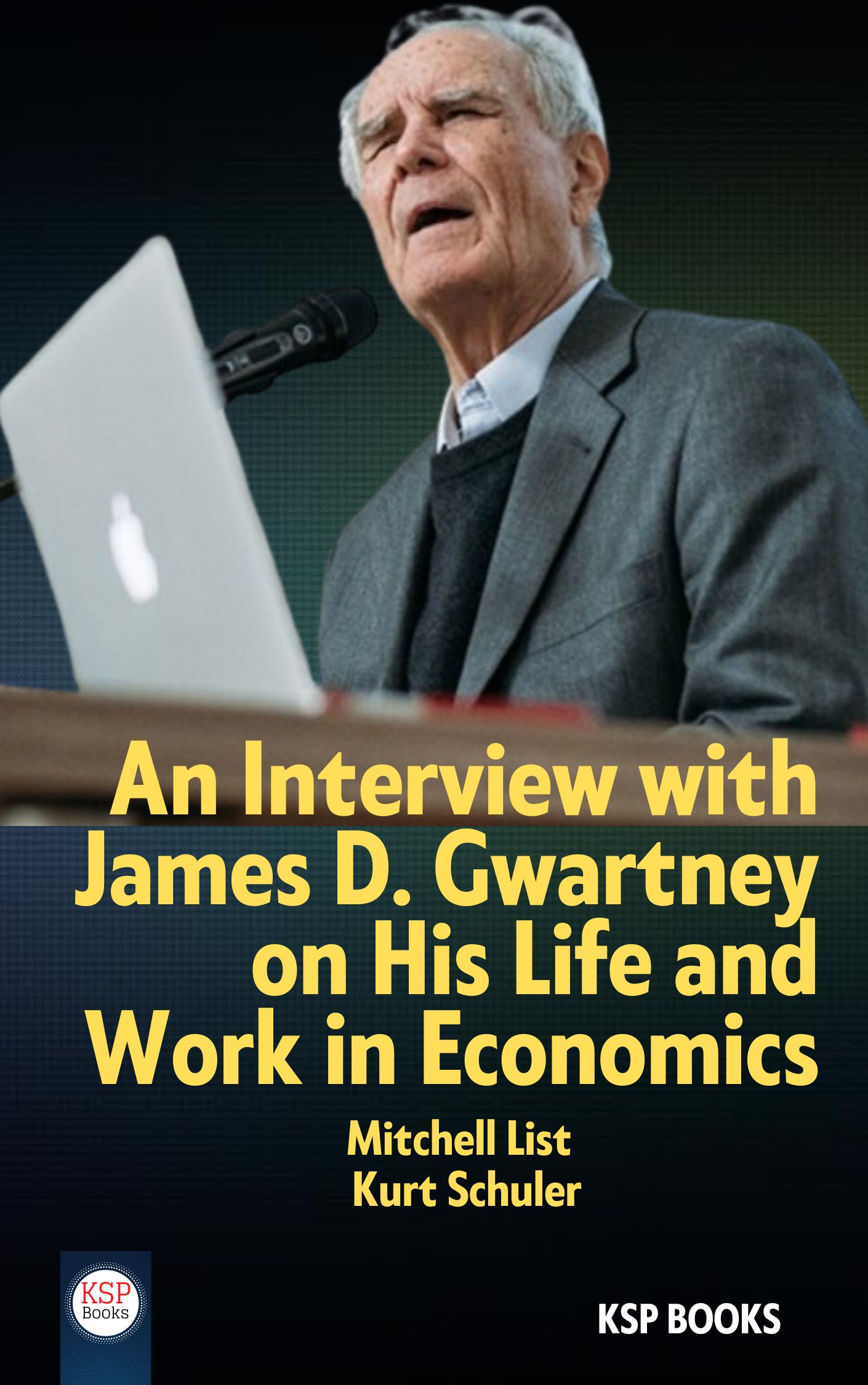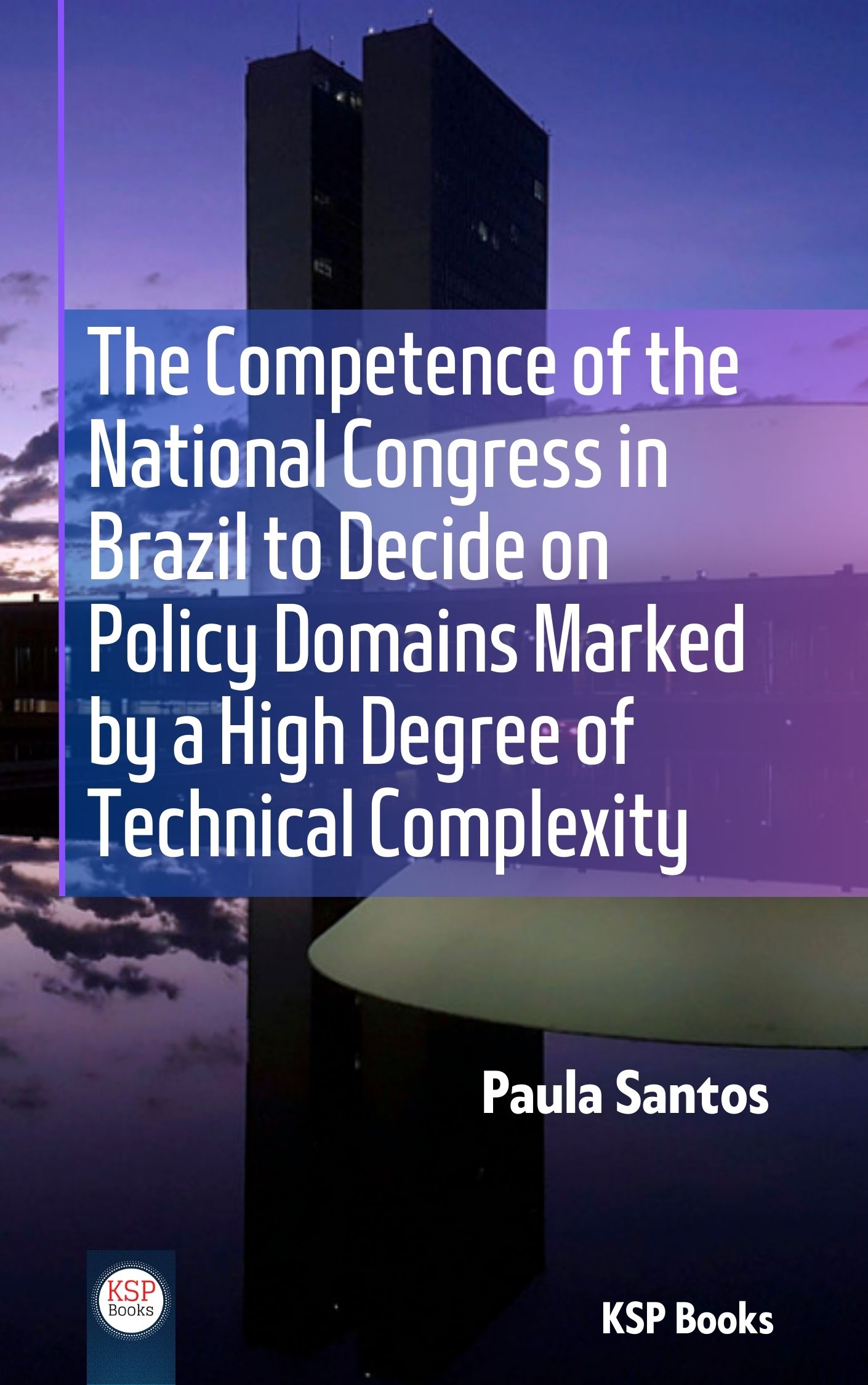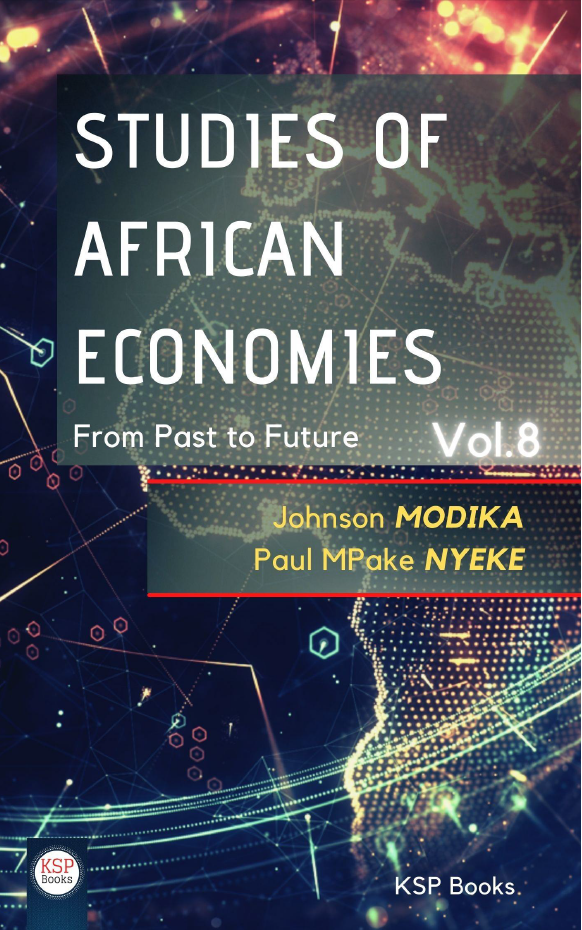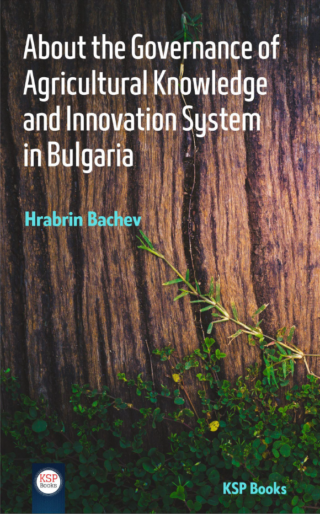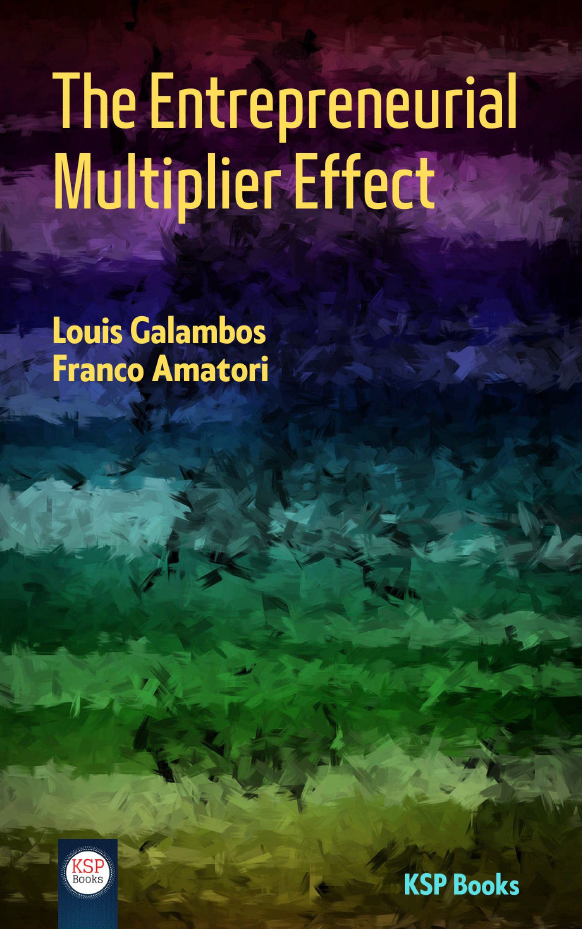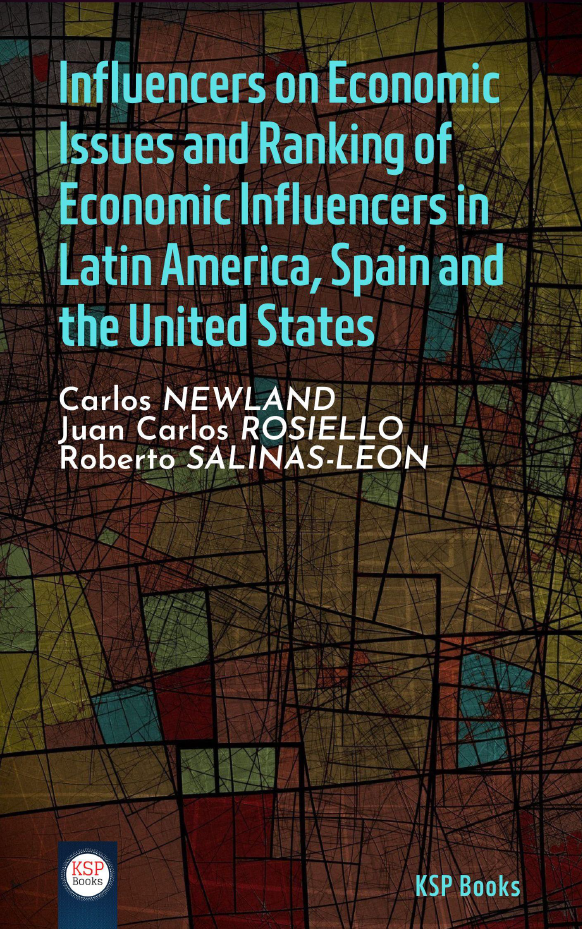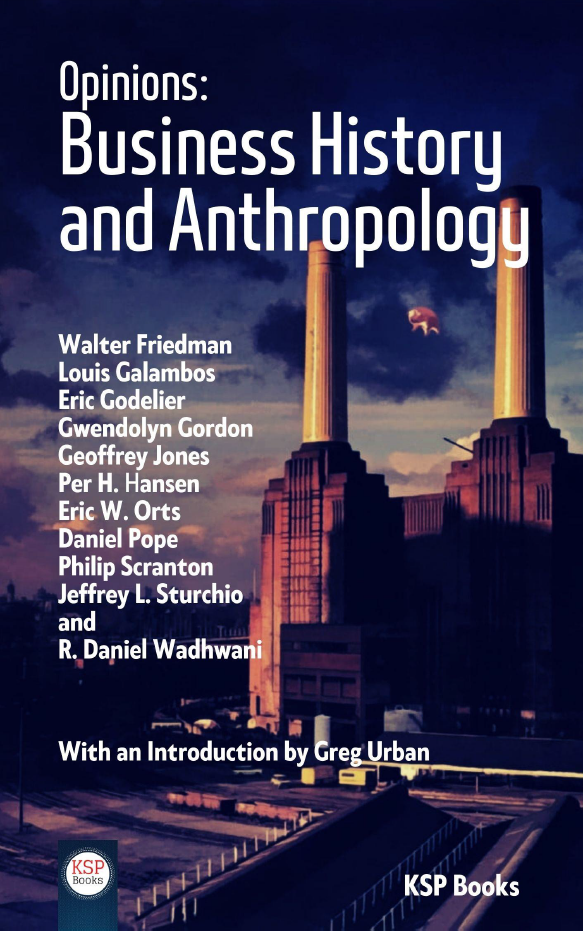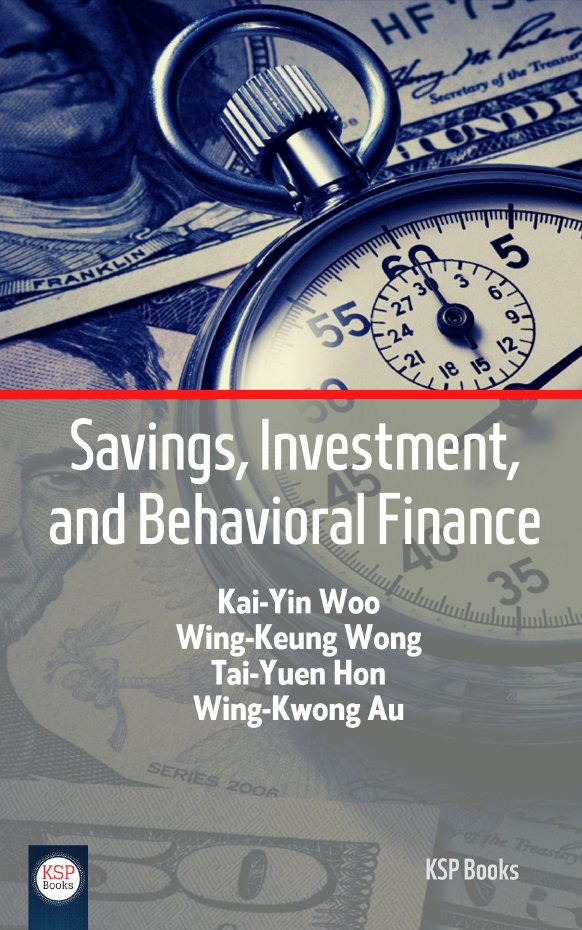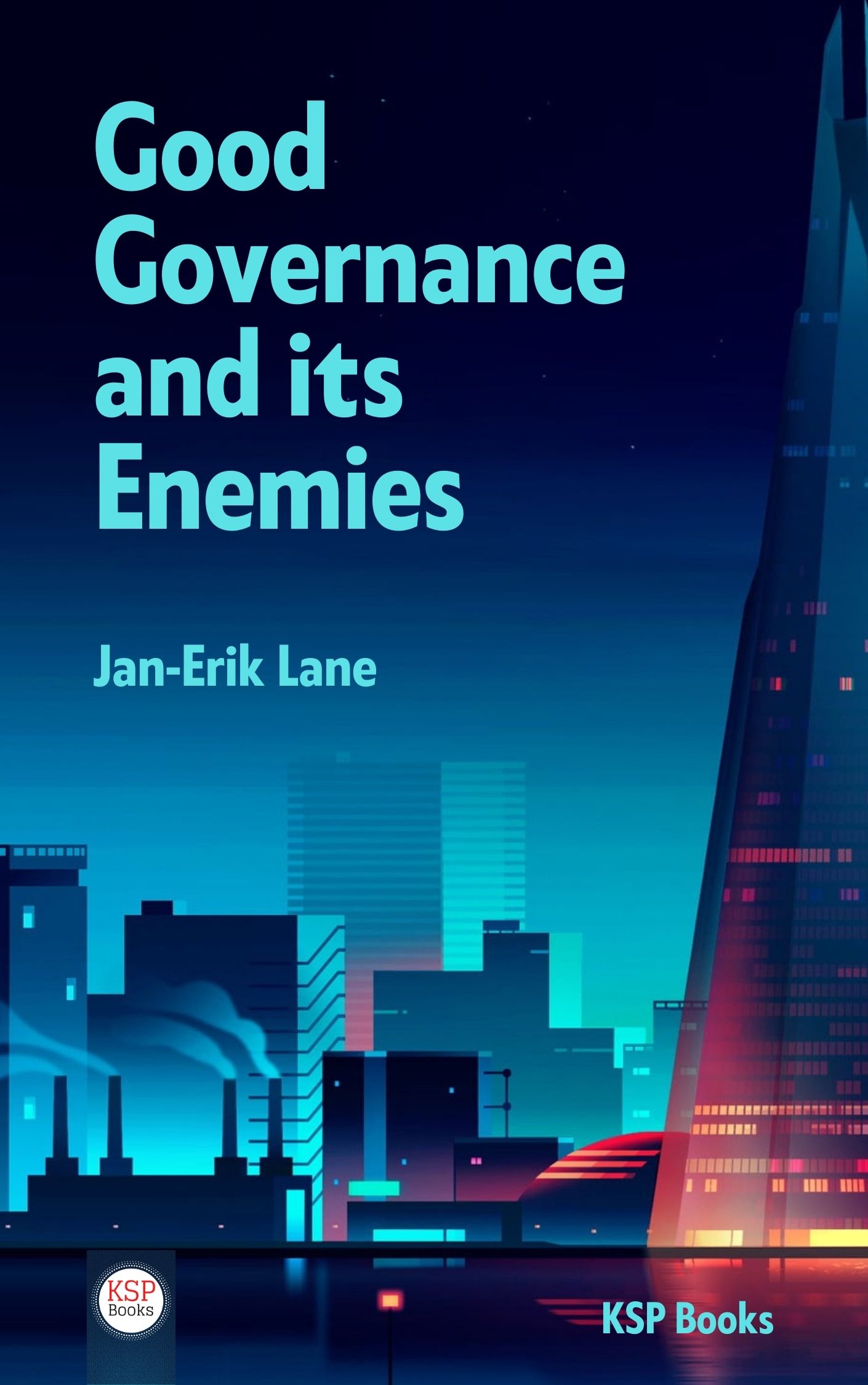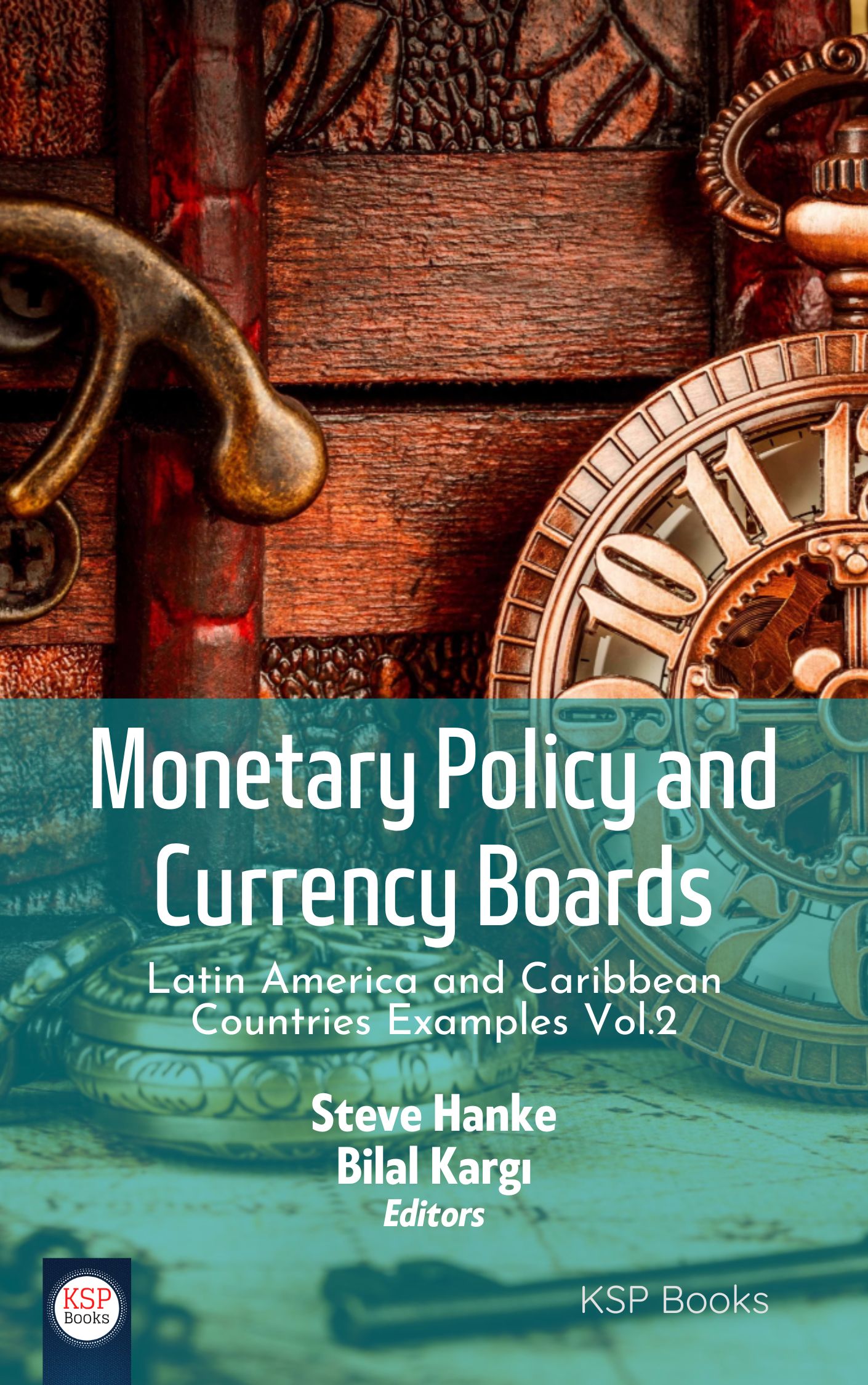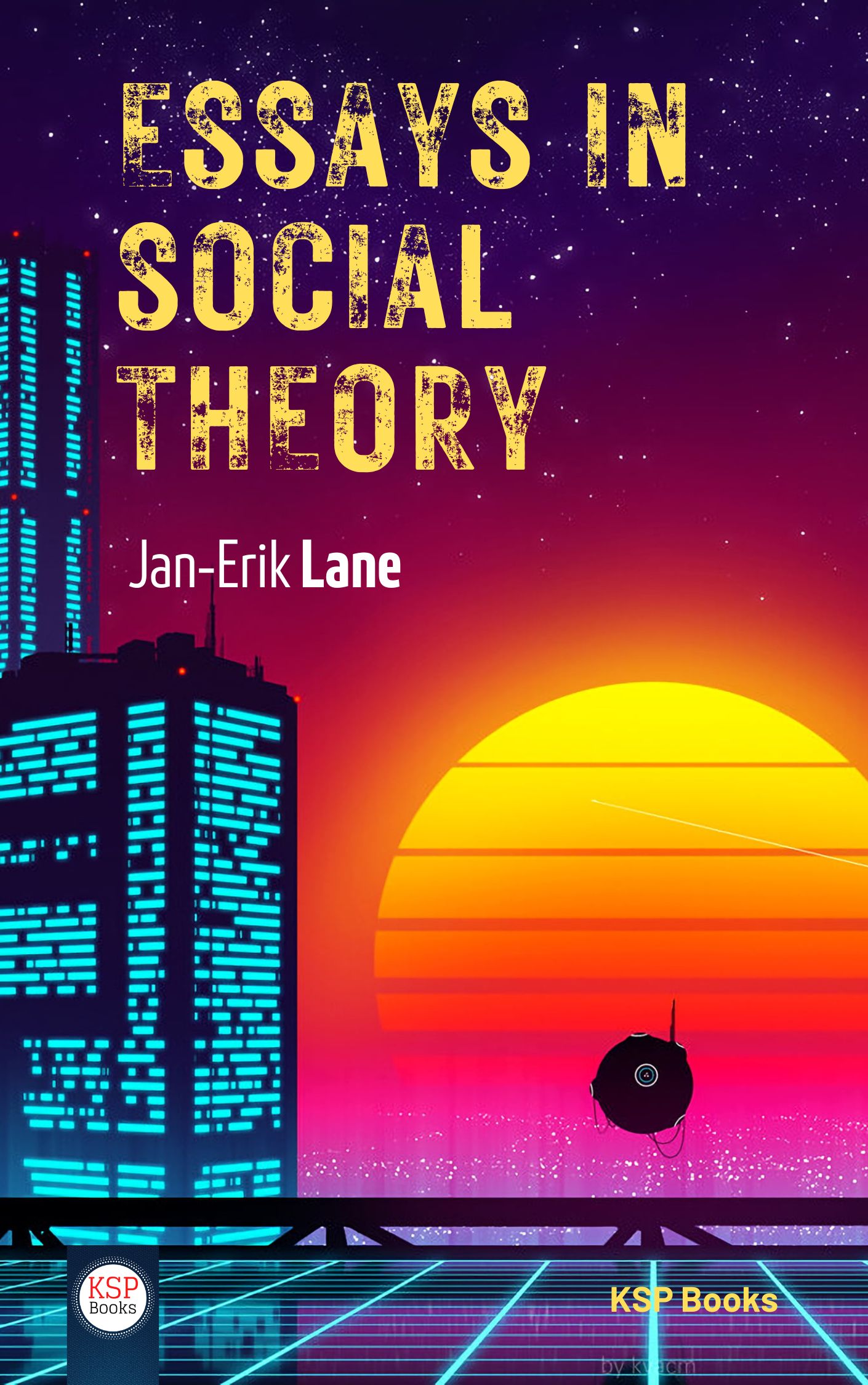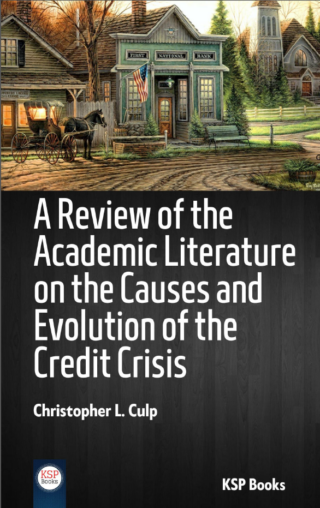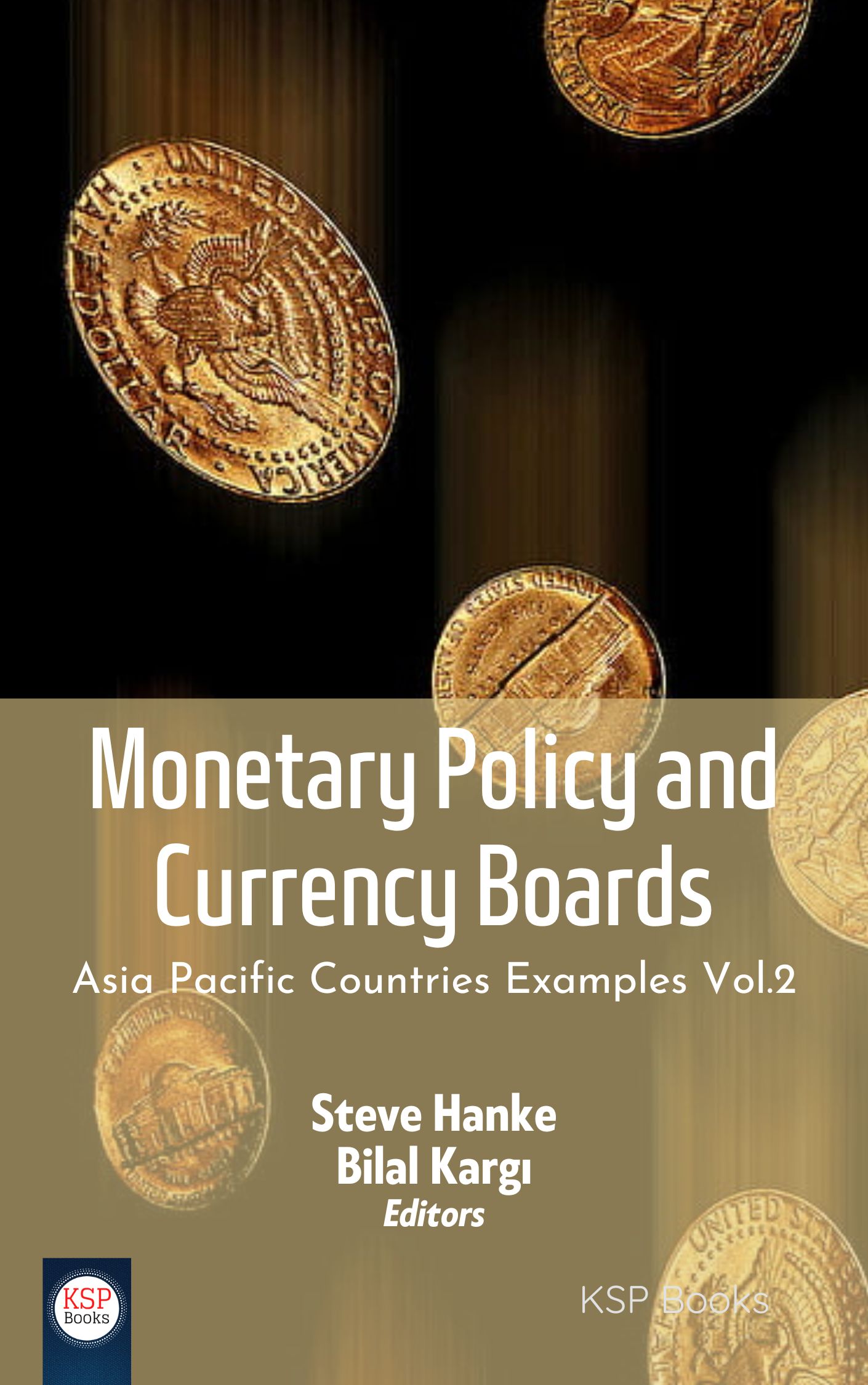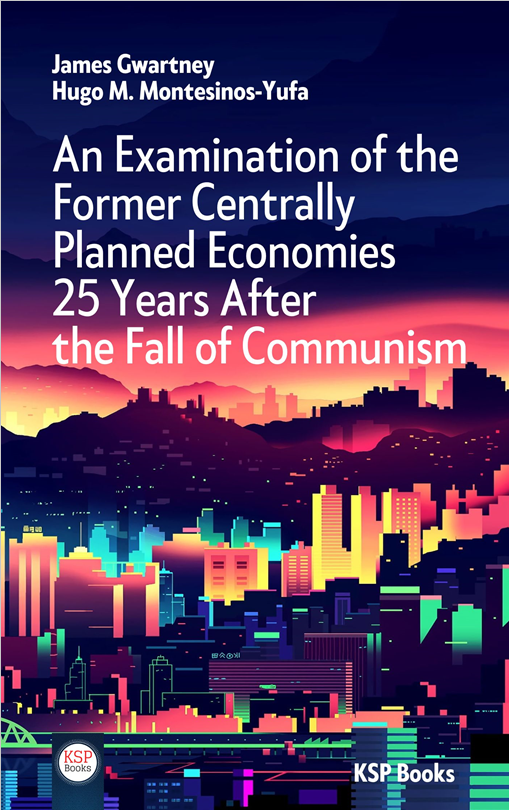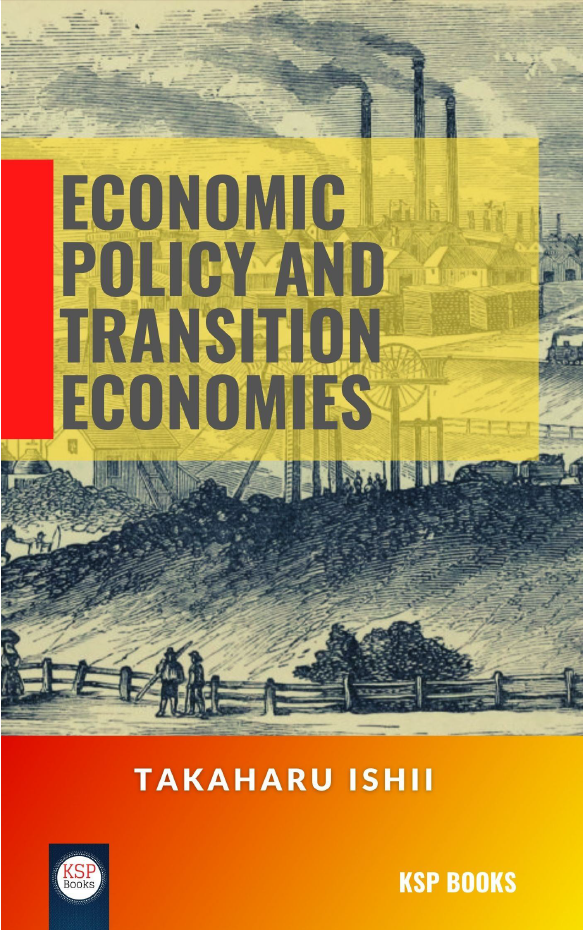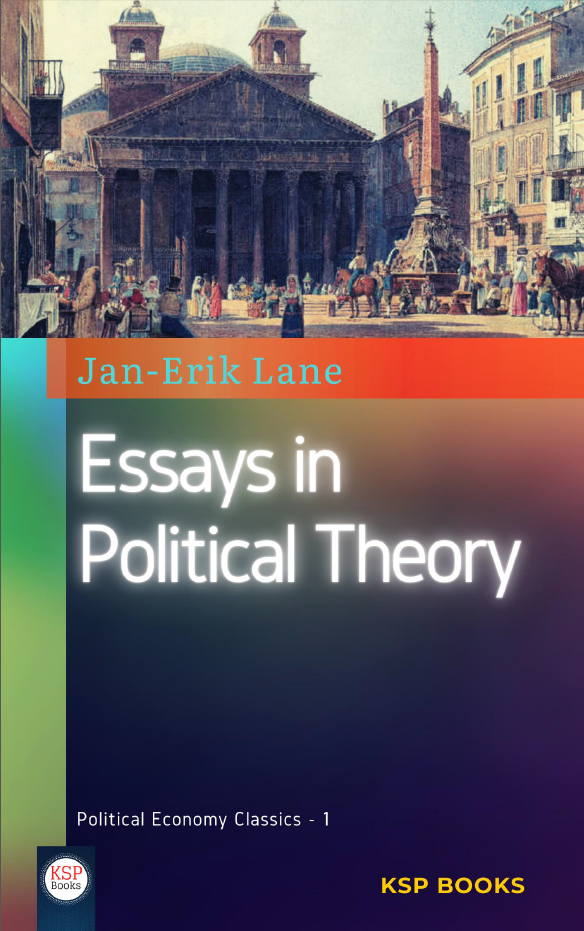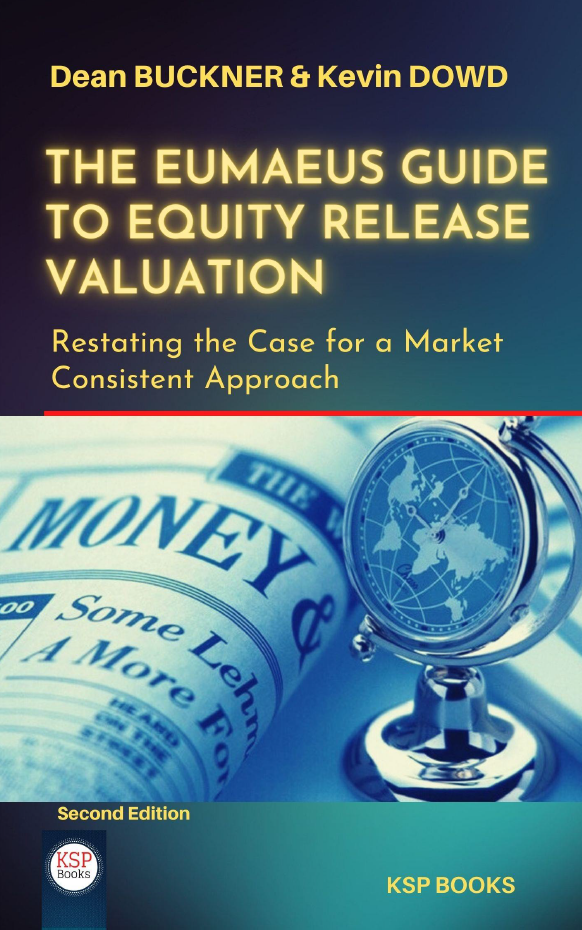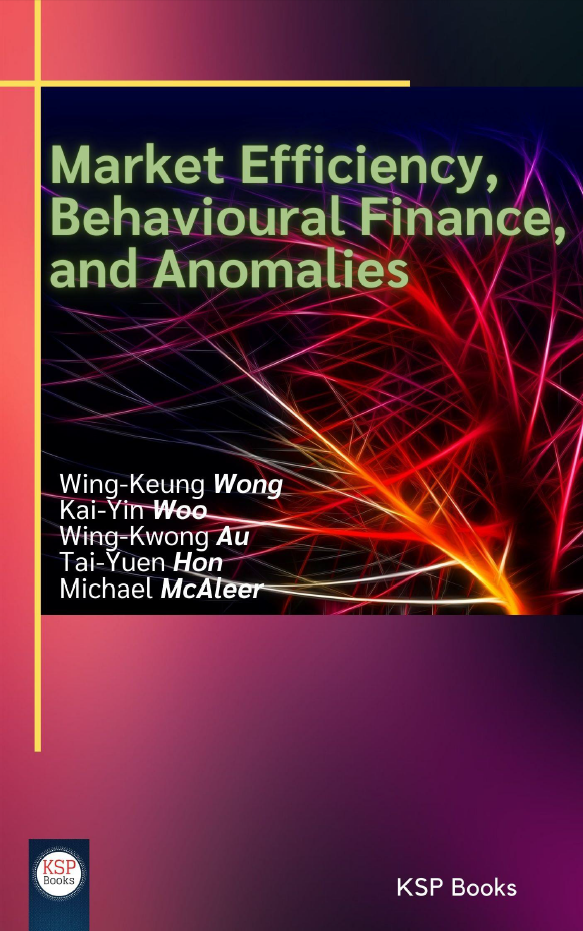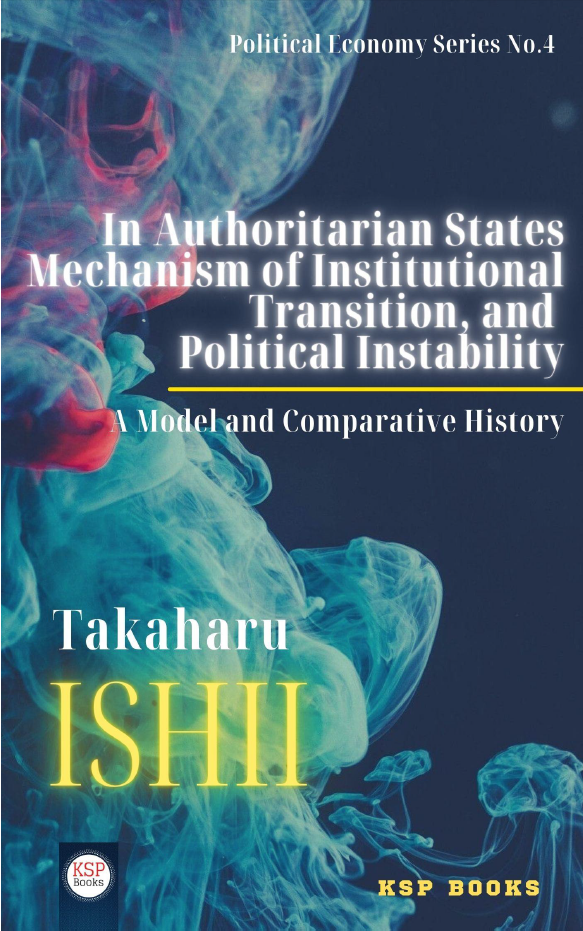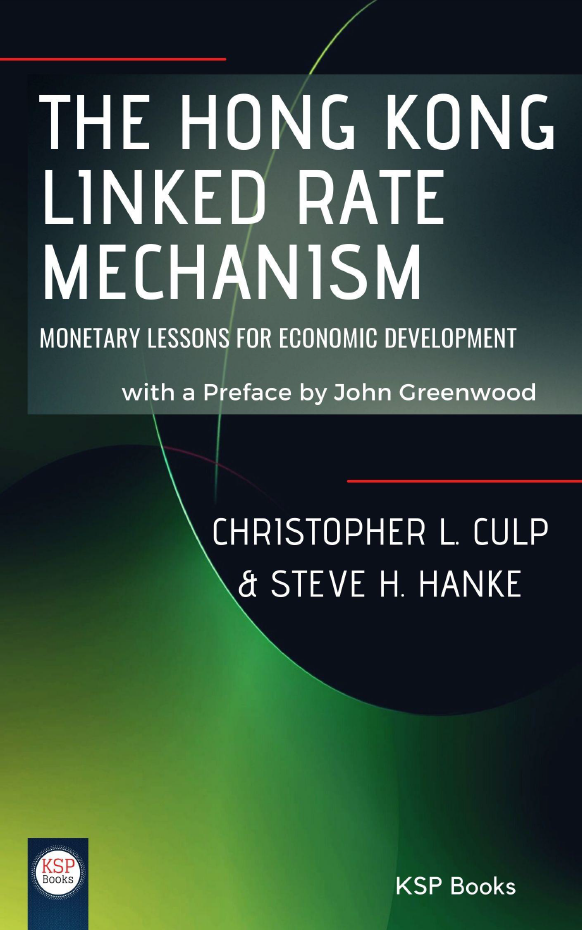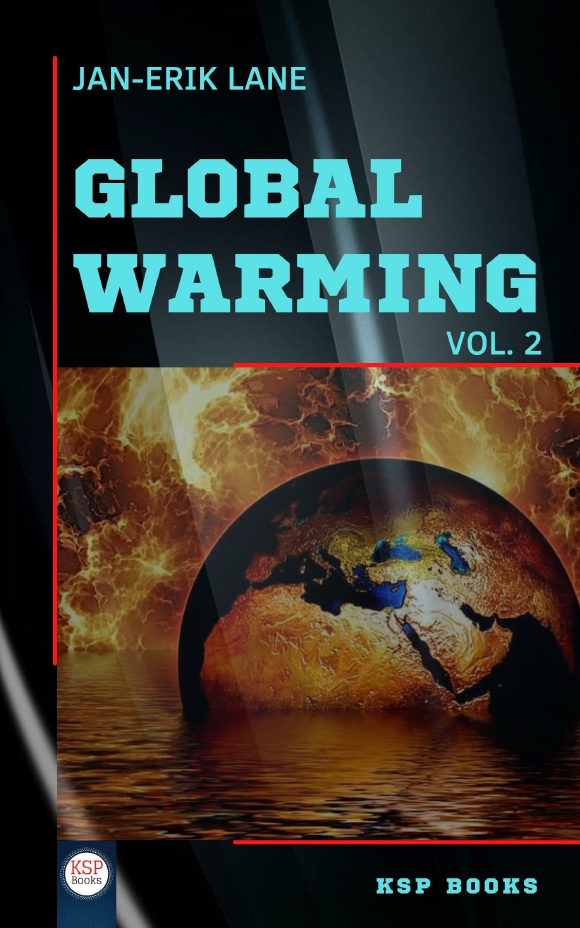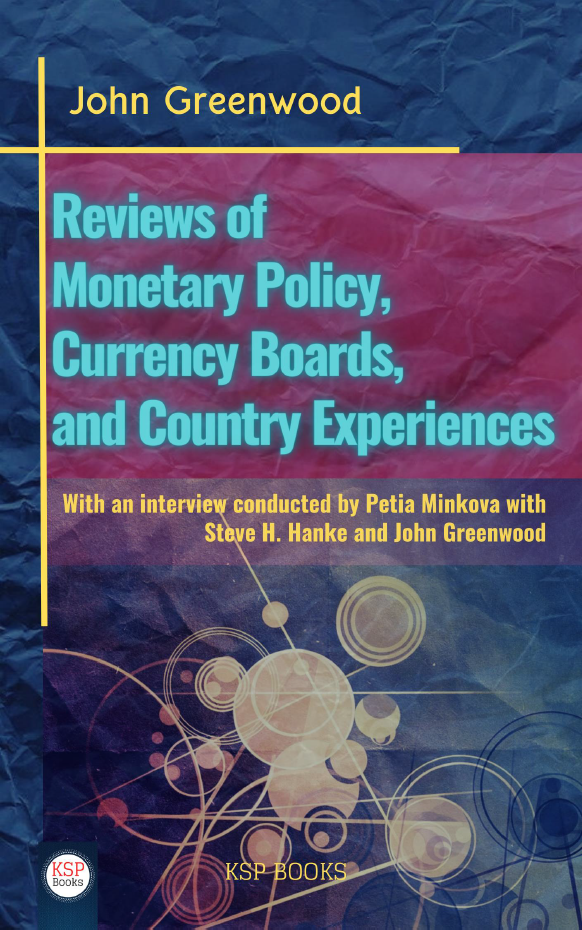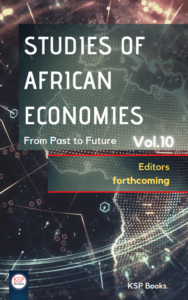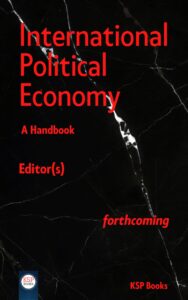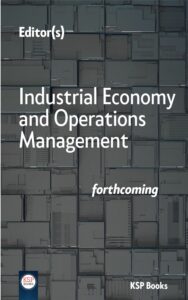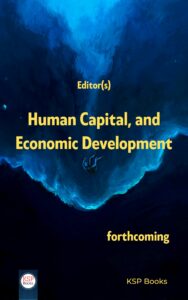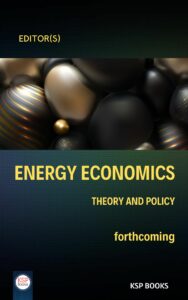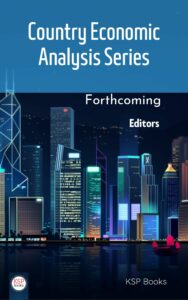By
Mario Coccia
CNR, National Research Concil of Italy
e-ISBN: 978-625-7813-54-9
Publishing Date: March 1, 2023
File Size: 5,602 MB
Length: xi + 312 pages (PDF)
Language: English
Dimensions: 13,5 x 21,5 cm
 This Book is completely open access. You can freely read, download and share with everyone.
This Book is completely open access. You can freely read, download and share with everyone. 
The Coronavirus Disease 2019 (COVID-19) is still circulating in 2022 with new variants (e.g., Delta and Omicron) that generate socioeconomic issues in countries. This contribution endeavors to clarify the origin of novel coronaviruses, factors determining the transmission dynamics of COVID-19 and the effects of non-pharmaceutical and pharmaceutical interventions of containment in society. These basic aspects of COVID-19 pandemic crisis can improve the preparedness of countries to cope with next pandemic threats and the negative effects of their socio-economic impact.
This book is designed for policymakers and general readers that wish to clarify critical aspects of COVID-19 and that wish to expand their knowledge on these areas. Studies that I include here are integrated with cases study and empirical analyses underpinned in real contexts of nations. In particular, this book concentrates on selected topics of particular relevance to problems of COVID-19 pandemic crisis, and which meet the needs of the intended audience.
The book is divided in four interrelated parts.
The first part of this book focuses on likely origin of the viral agent the SARS-CoV-2 causing the COVID-19 (Chapter 1).
The second part focuses on environmental, demographic, and geographical factors that influence the spread of COVID-19 in society (Chapters 2-3).
The third part describes the effects of non-pharmaceutical interventions of governments to cope with COVID-19 pandemic, when appropriate drugs and treatments lack (Chapter 4) and clarifies the manifold aspects and effects of vaccination campaign in economy and society (Chapters 5-6-7-8).
The final part of the book explains some general approaches and concepts that can improve the preparedness of countries to prevent and/or to cope with pandemic impacts (Chapter 9).
However, no single book could hope to cover adequately all aspects of this multi-disciplinary field of inquiry, such as infectious diseases and their effects in economies and society, and here it is not the intention to attempt to cover all aspects of COVID-19 pandemic crisis. It is regrettable but inevitable therefore that some topics are excluded or given only limited coverage. I hope that readers, such as clinicians, policymakers, etc., dealing with infectious diseases like COVID-19 and other similar viral agents are able to see this text as a general overview to understand the complex and different factors associated with COVID-19 global pandemic crisis.
This book’s strengths and weaknesses are the responsibility of author.
Preface
Introduction
1. Determinants in the emergence of viral agents: the SARS-CoV-2
2. Environmental, demographic, and geographical factors affecting the diffusion of COVID-19: A case study
3. Relation between health expenditures, air pollution and fatality rate of COVID-19
4. Effects of restriction policies on economic growth and mortality rate in COVID-19 pandemic crisis
5. Relation between COVID-19 vaccination and economic development of countries
6. Optimal level of COVID-19 vaccinations to minimize infections
7. Weaknesses of COVID-19 vaccinations in the total environment
8. COVID-19 in society between 2020 (without vaccinations) and 2021 (with vaccinations): A case study
9. Prevention of pandemic impact similar to COVID-19
Conclusions
Mario Coccia
CNR, National Research Concil of Italy
Dr. Mario Coccia is a social scientist at the National Research Council of Italy (CNR) and visiting scholar at YALE University. He has been research fellow at the Max Planck Institute of Economics and visiting professor at the Polytechnics of Torino and University of Piemonte Orientale (Italy). He has conducted research work at the Arizona State University, Georgia Institute of Technology, United Nations University-Maastricht Economic and Social Research Institute on Innovation and Technology (UNU-MERIT), RAND Corporation (Washington D.C.), University of Maryland (College Park), Bureau d’Économie Théorique et Appliquée (Strasbourg), Munk School of Global Affairs (University of Toronto), and Institute for Science and Technology Studies (University of Bielefeld). He leads CocciaLAB to investigate, with interdisciplinary scientific researches the determinants of socioeconomic phenomena, such as new technology, evolution of scientific fields, economic growth, human progress, etc. He has written more than two hundred papers in several disciplines.
Related EconPedia Items



